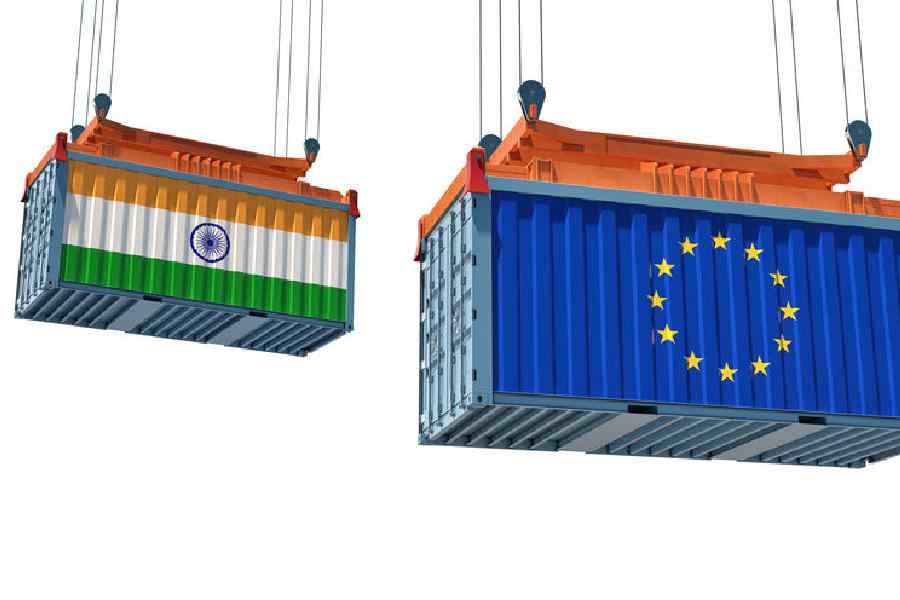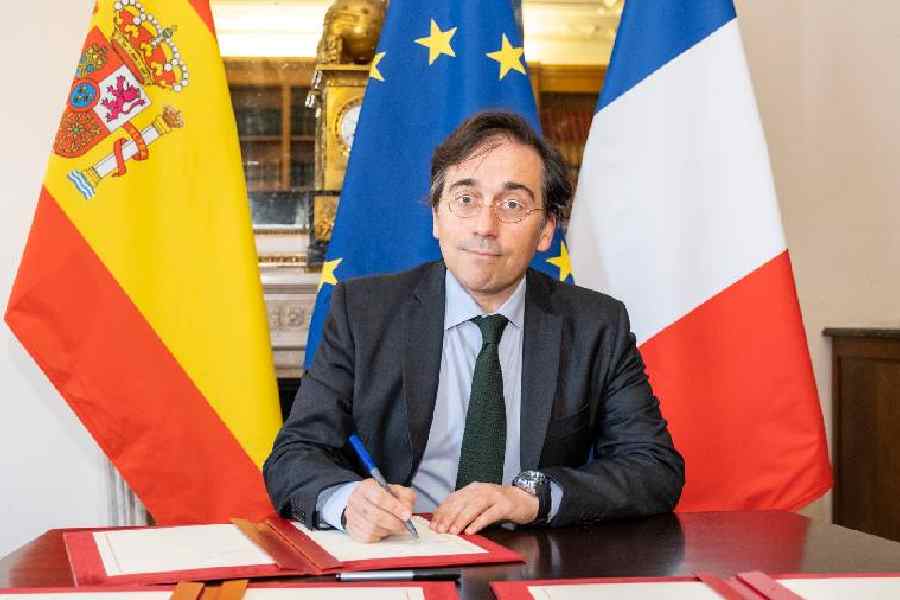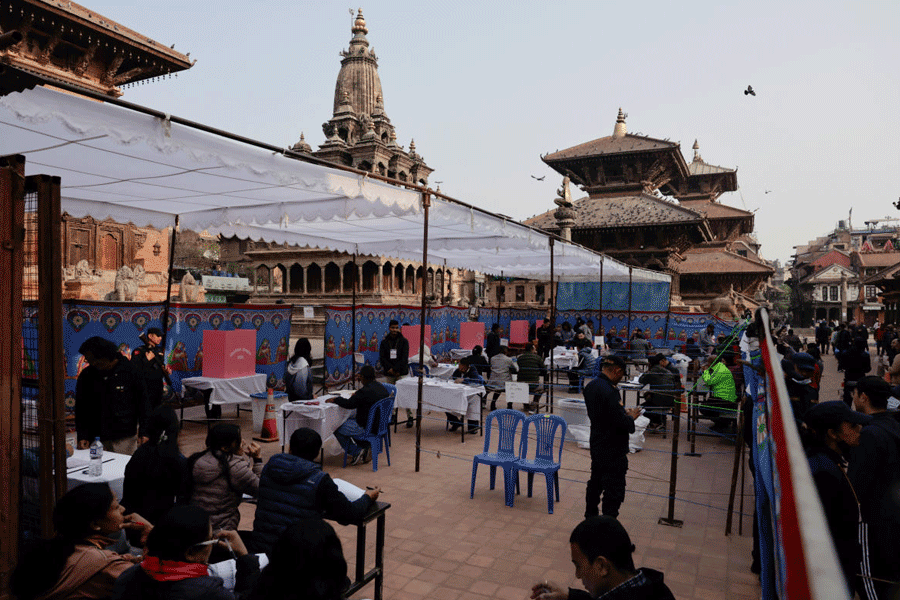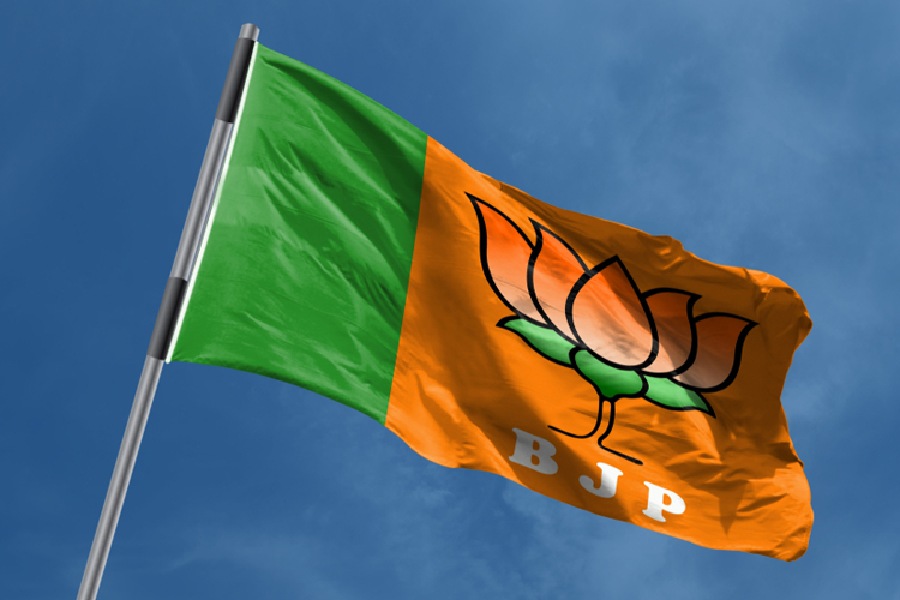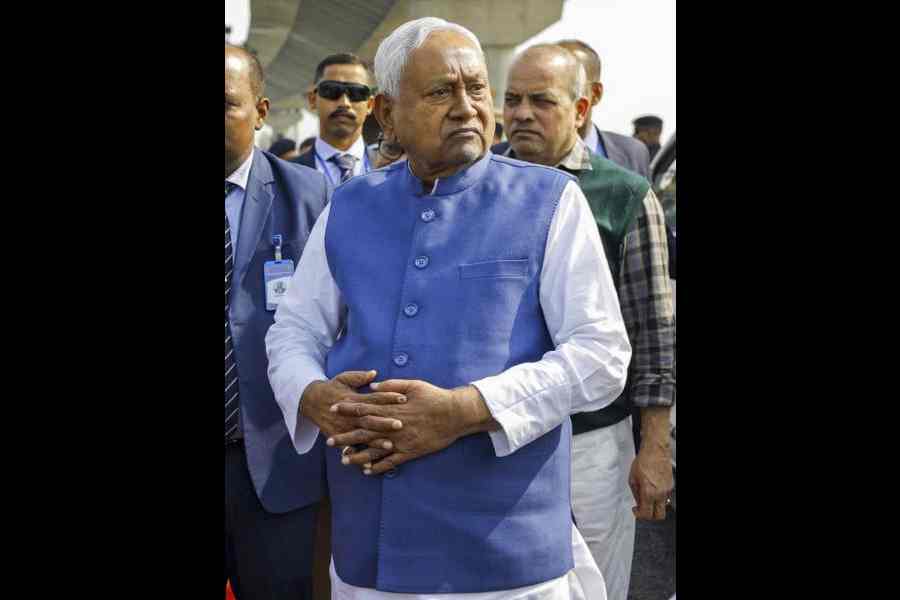The European Union will turn down India’s request for an exemption from its carbon border tax in a setback that threatens to complicate already-sensitive trade negotiations both sides are hoping to wrap up before the close of the year, London’s Financial Times reported Tuesday.
India has proposed imposing its own export fee on goods facing the EU’s carbon levy, including steel, aluminium and fertilisers.
Under this idea, exporters would be charged according to the value of shipments, rather than the carbon intensity of production.
Brussels, however, is unconvinced.
The FT reported that according to four EU officials, the model would do little to encourage Indian industry to cut emissions and could open the door to similar demands from the US and other trading partners.
The EU’s carbon border adjustment mechanism (CBAM) is designed to protect European heavy industries, which must purchase emissions permits — currently around €80 per tonne — under the bloc’s carbon market.
Brussels has signalled that it may consider reducing CBAM-related charges if India adopts a domestic carbon pricing scheme; Delhi is still consulting on whether to introduce one.
“There can be discussions around how any Indian effective carbon pricing could be deducted from CBAM, but not an exemption,” one EU official told the FT.
The stakes are high. The EU is India’s largest trading partner for goods, with bilateral commerce reaching $139bn in 2023-24.
Prime Minister Narendra Modi and European Commission President Ursula von der Leyen agreed in February to push for a trade deal this year, partly driven by US President Donald Trump’s return to office in Washington and the pressure both sides face in the US market.
India’s high tariff walls — some more than 100 per cent on cars, spirits and dairy — remain a sticking point for exporters eager to tap into India’s expanding middle class.
Meanwhile, Delhi has bristled at Brussels’ green trade measures, previously branding CBAM a “trade barrier” and objecting to EU rules targeting imports linked to deforestation.
High-level contacts have continued. In late October, commerce minister Piyush Goyal met EU trade commissioner Maroš Šefčovič in Brussels to discuss “landing zones” on unresolved issues.
Earlier this month, an EU negotiating team travelled to New Delhi for talks on goods, services, rules of origin and regulatory matters. Both sides reiterated their goal of accelerating efforts towards a “balanced” free trade agreement.
Talks, first launched in 2007 and abandoned in 2013, resumed in 2022. While India has recently sealed trade pacts with Australia, the UK and the European Free Trade Association and is negotiating with the US, its position on the CBAM remains one of the most delicate hurdles in the EU discussions.
European Commission spokesman Olof Gill told the FT that Brussels remains committed to striking a mutually advantageous deal by year-end.

